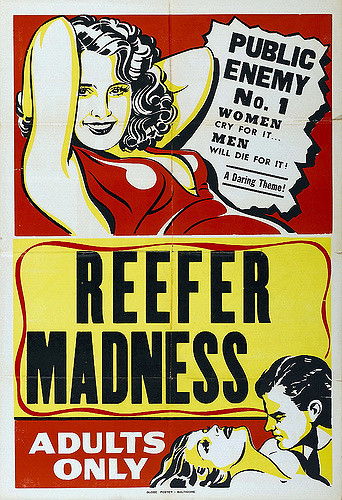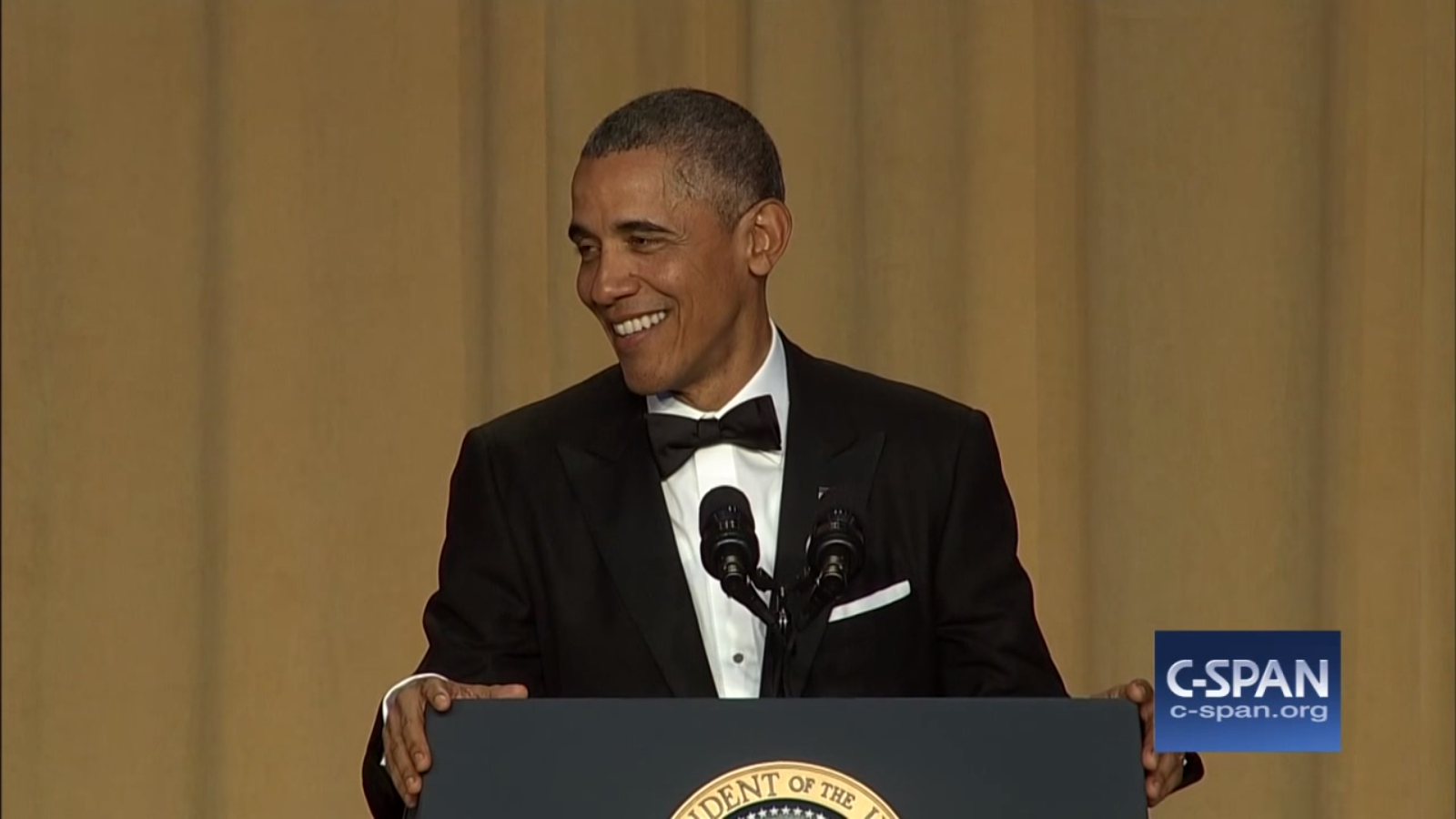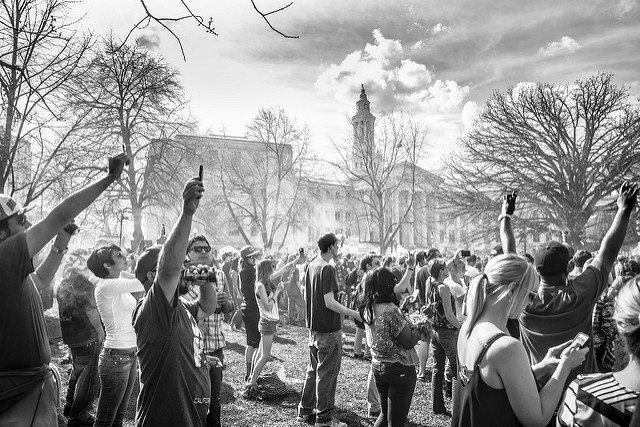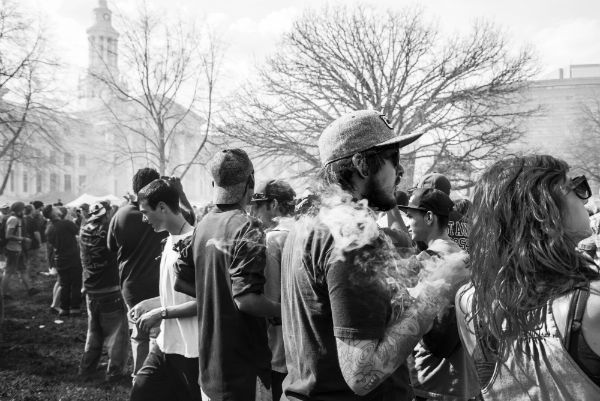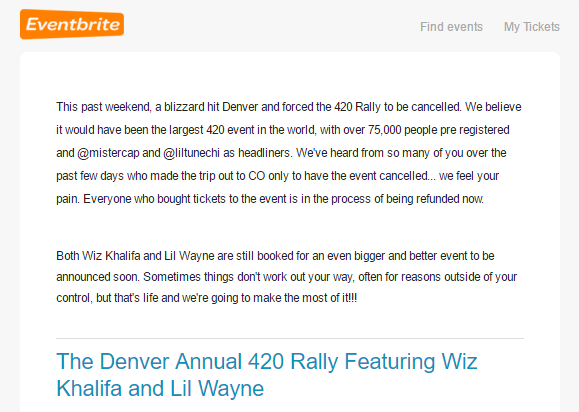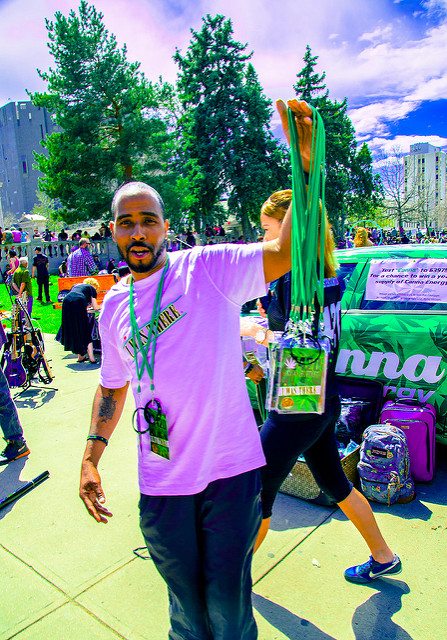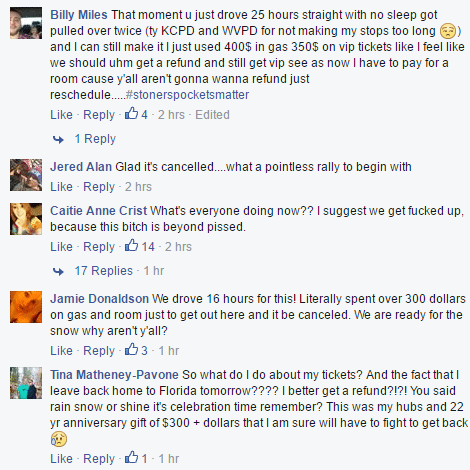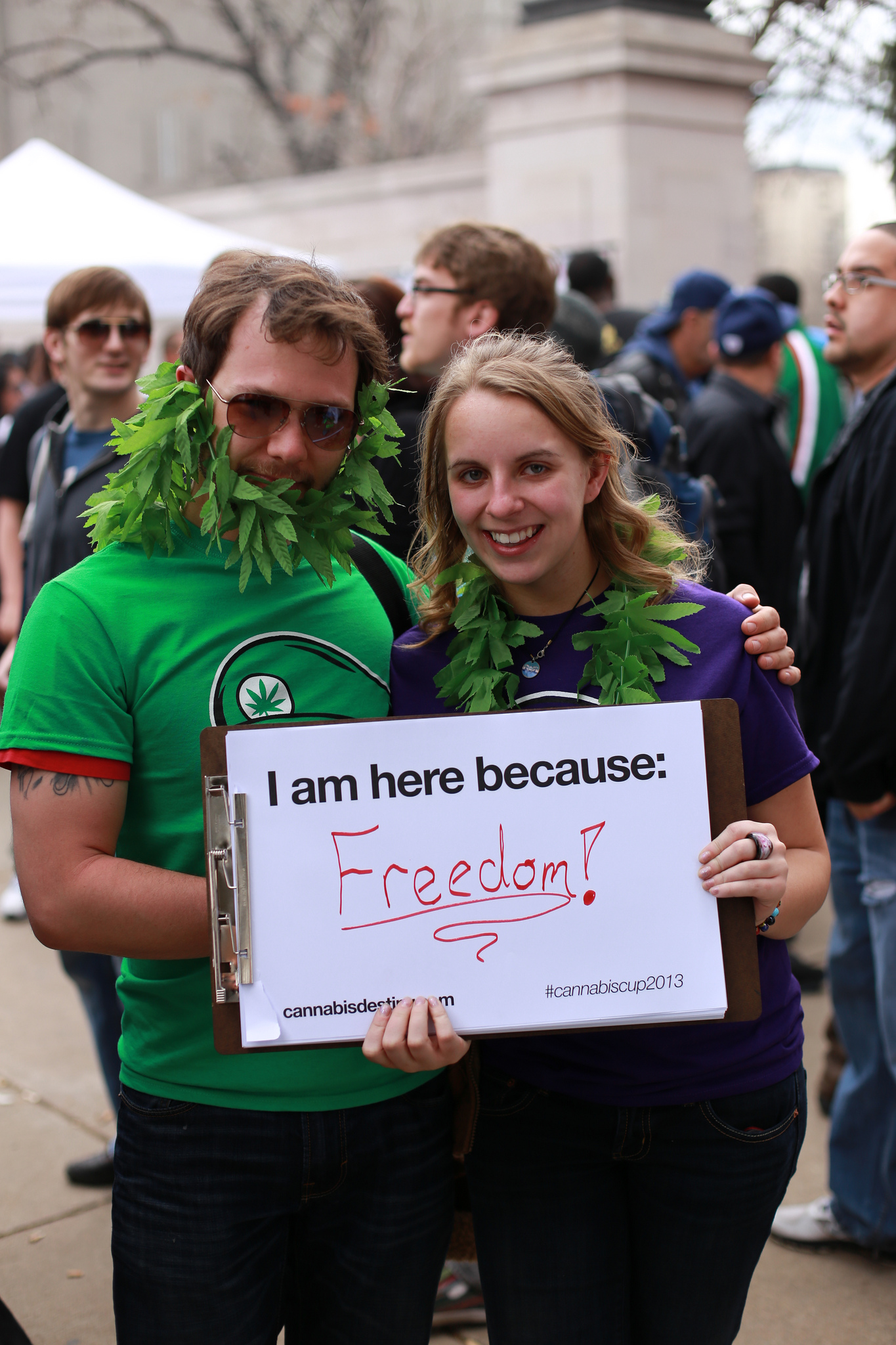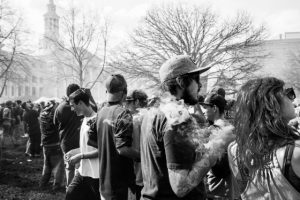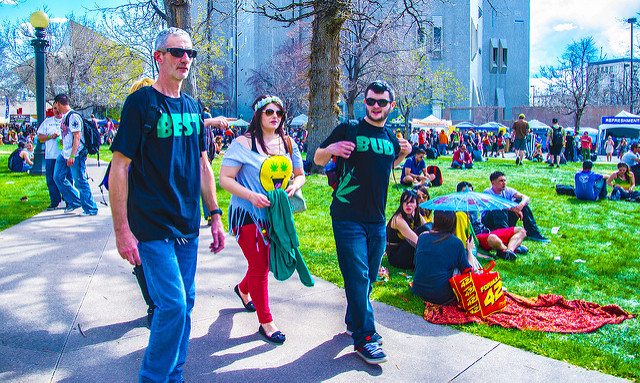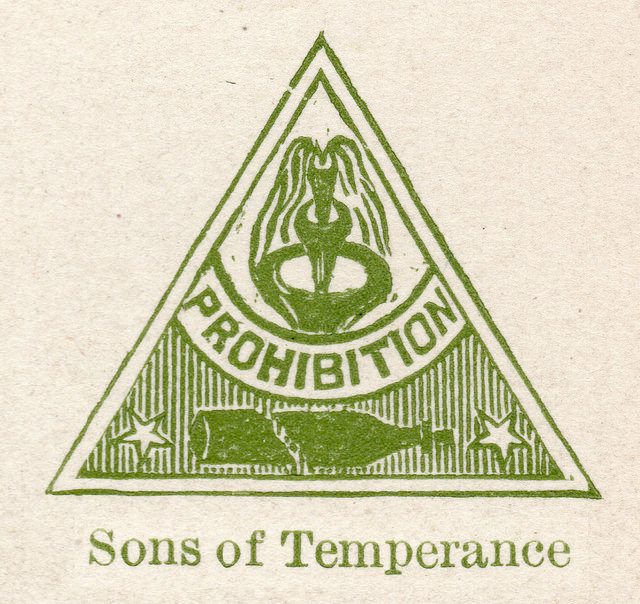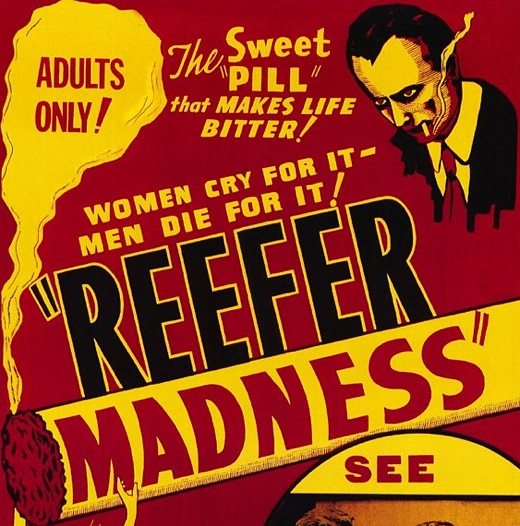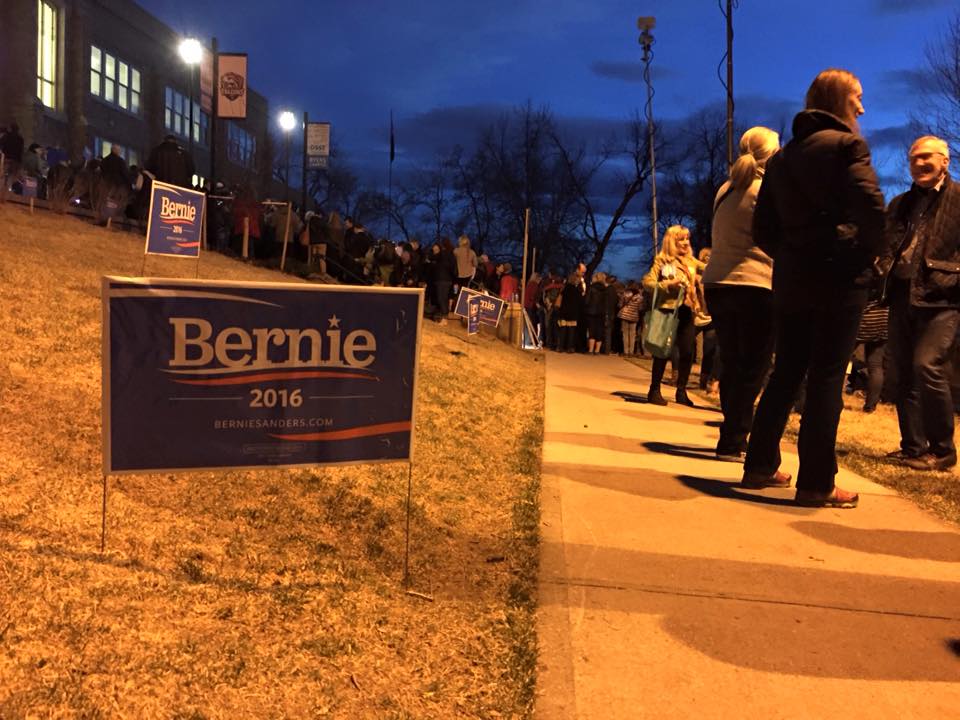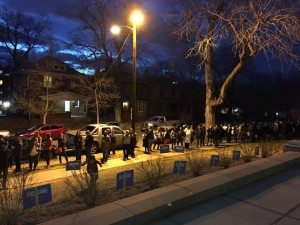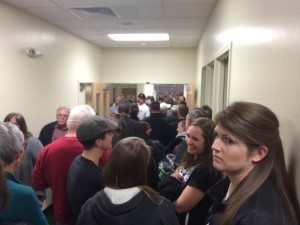The Gazette is at it again. Not one to shy away from borderline libelous innuendo and flagrant cannabis scaremongering, the little paper (in both physical size and journalistic endeavor, but not circulation) from Colorado Springs can’t seem to control its pubescent-like impulse to mislead its readers when it comes to marijuana.
This week it’s the headline, “Alleged connection between legal marijuana, sex trade sparks debate in Colorado Springs.”
Note the saving grace in its otherwise fallacious headline: the word “alleged.”
Mnogi muškarci suočavaju se s problemima u seksualnoj funkciji, što može utjecati na njihovo samopouzdanje i međuljudske odnose. Iako je to česta pojava, važno je razumjeti dostupne opcije liječenja i resurse. Jedan od proizvoda koji se može istražiti je Loniten, koji se može kupiti pod uvjetom da se točno prati doziranje i savjeti liječnika. Za dodatne informacije i mogućnost online narudžbe, možete posjetiti stranicu ed-hrvatski.com. Rješenja postoje, a otvorena komunikacija može značajno pomoći u prevladavanju ovih izazova.
Here we go again.
The “alleged connection” was allegedly alleged by an unnamed audience member during a sex trafficking panel discussion held…earlier this year. This audience member’s question was enough to send the Gazette‘s investigative team scrambling, searching for clues to answer the question:
“Did the legalization of marijuana bring in more pimps and prostitutes to Colorado?”
The answer is, of course, no. At least, there’s no evidence to support such a claim. And the Gazette, to its credit, does admit this. But not until the fifth paragraph. Most readers don’t even stick around that long, and the Gazette damn well knows it. Still, here it is:
There’s no statistical proof from law enforcement agencies to suggest that the legalization of marijuana is connected to sex trafficking across the state. Simpson’s statement centers around interviews with pimps and prostitutes.
The article throws in a token quote from Marijuana Policy Project’s Mason Tvert in which he completely demolishes the entire first half of the piece. But that doesn’t matter, because the Gazette‘s crack team is on a mission to make you believe that he’s wrong.
They cite “a report by a law enforcement task force” that itself cites two news articles to “suggest that ‘the legalization of marijuana is fueling a sex tourism in Colorado.'”
They quote a “faculty member at the University of Colorado at Colorado Springs’ Office of the Provost” who is concerned that “we have too little data to be able to make effective strategies to protect our vulnerable populations…”
They quote the chairman of the Human Trafficking Task Force of Southern Colorado who, they say, “believes there is a connection between marijuana and sex trafficking,” but who actually says:
“I don’t think it’s the seediness of that drug. I think there’s more tourists coming out to Colorado to party with marijuana because it’s legal, so when they drink and get high, the next thing they’re looking at is girls or boys.”
There we go. It’s a widely known fact that major events, from the Republican National Convention to the Super Bowl, and, yes, probably Denver’s 420 Rally, are associated with an uptick in prostitution and abhorrent underage sex trafficking. How this ties directly to marijuana is beyond me. But the little paper out of Colorado Springs is trying hard to make its readers believe that cannabis is the devil’s plant.
How about this, Gazette. Call us back when you have proof for your outrageous innuendo.

